9 Game-Changing Startup Innovators to Watch in 2025
The global startup landscape is evolving at breakneck speed as we head into 2025, with bold ideas and new technologies reshaping industries overnight. In this fast-moving world, keeping an eye on startup innovators is essential for anyone eager to spot the next big wave.
This article highlights nine trailblazing companies poised to disrupt markets and redefine the future. Whether you’re an investor, entrepreneur, or tech enthusiast, understanding these rising stars can give you a competitive edge.
We’ll explore what makes each startup unique, the impact they’re creating, and why they stand out in a crowded field. Ready to discover tomorrow’s leaders? Let’s dive in and follow their journeys together.
The Rise of Disruptive Startup Innovators in 2025
The startup world is shifting gears in 2025, with startup innovators breaking new ground across industries. The pace of change is remarkable, with fresh ideas and bold business models becoming the new norm. What’s powering this surge? Let’s explore the forces, challenges, and criteria that define these trailblazers—and see where the next wave of disruption is emerging.
Key Trends Shaping Startup Innovation
Startup innovators are riding a wave of technological breakthroughs in 2025. Artificial intelligence, sustainability, and healthtech are dominating the innovation landscape. AI investment is skyrocketing, while eco-conscious solutions and digital health platforms are gaining traction.
Funding is rebounding as well, with global startup funding reaching $445B in 2023. New startup hubs are emerging from Asia-Pacific and Europe, showing that innovation is not just a Silicon Valley game anymore. According to the Emerging startup hubs outside Silicon Valley, regions like Singapore and Berlin are quickly catching up.
Consumers are also driving change, demanding smarter, greener, and more personalized products. This demand is pushing startup innovators to deliver at an unprecedented pace.
Challenges and Opportunities for New Innovators
Even as opportunity grows, startup innovators face formidable challenges. Talent acquisition is fiercely competitive, and regulatory landscapes are complex and ever-changing. Breaking into new markets can be daunting without local expertise.
Yet, these hurdles create openings for those who can navigate them. Many startup innovators are targeting niche verticals and underserved markets, such as fintech solutions for the unbanked. These strategies allow them to sidestep crowded spaces and fulfill unmet needs.
For every roadblock, there’s a chance to innovate, adapt, and lead. The most agile startup innovators are thriving by turning obstacles into advantages.
Criteria for "Game-Changing" Status
What sets true startup innovators apart? It’s a blend of scalability, disruptive technology, and social impact. These companies don’t just launch products—they shift paradigms.
Industry experts look at several benchmarks:
- Can the idea scale rapidly?
- Does the technology break the mold?
- What is the measurable impact on society or business?
For this article, the featured startup innovators were selected based on these exacting standards. Their ability to transform industries, reach new markets, and drive positive change makes them stand out in a crowded field.
The Role of Investors and Accelerators
Investors and accelerators are fueling the rise of startup innovators in 2025. Venture capital is flowing into early-stage companies, while accelerators and incubators provide mentorship and resources.
Notable successes—like companies that went from accelerator demo days to global unicorn status—underscore the vital role of these support systems. Corporate venture arms are also stepping in, forging strategic partnerships that amplify innovation.
For startup innovators, these networks offer more than just funding. They open doors to expertise, customers, and global markets.
The Global Startup Ecosystem Outlook for 2025
The outlook for startup innovators is bright, with growth expected across Southeast Asia, Europe, and Africa. These regions are attracting investment and talent, thanks to supportive policies and thriving ecosystems.
Technological advances—especially in AI, fintech, and sustainability—are fueling this expansion. Regulatory shifts are anticipated, with governments working to balance innovation and oversight.
As the global landscape evolves, startup innovators will be at the forefront, shaping the future of business and technology.
9 Game-Changing Startup Innovators to Watch in 2025
Meet the forefront of disruption: these 9 startup innovators are rewriting the rules across AI, creative tools, language, and media in 2025. Each brings a unique edge—democratizing AI, transforming content creation, or bridging global communication. Whether you’re an investor, entrepreneur, or tech enthusiast, tracking these startup innovators will give you a pulse on what’s next and where the smartest bets are being placed.
1. RunwayML
RunwayML leads the wave of startup innovators making AI creative tools accessible to everyone. With a free plan and paid options starting at $12/month, RunwayML’s platform empowers users to edit videos with AI, collaborate in real time, and harness generative tools—all from an intuitive interface.
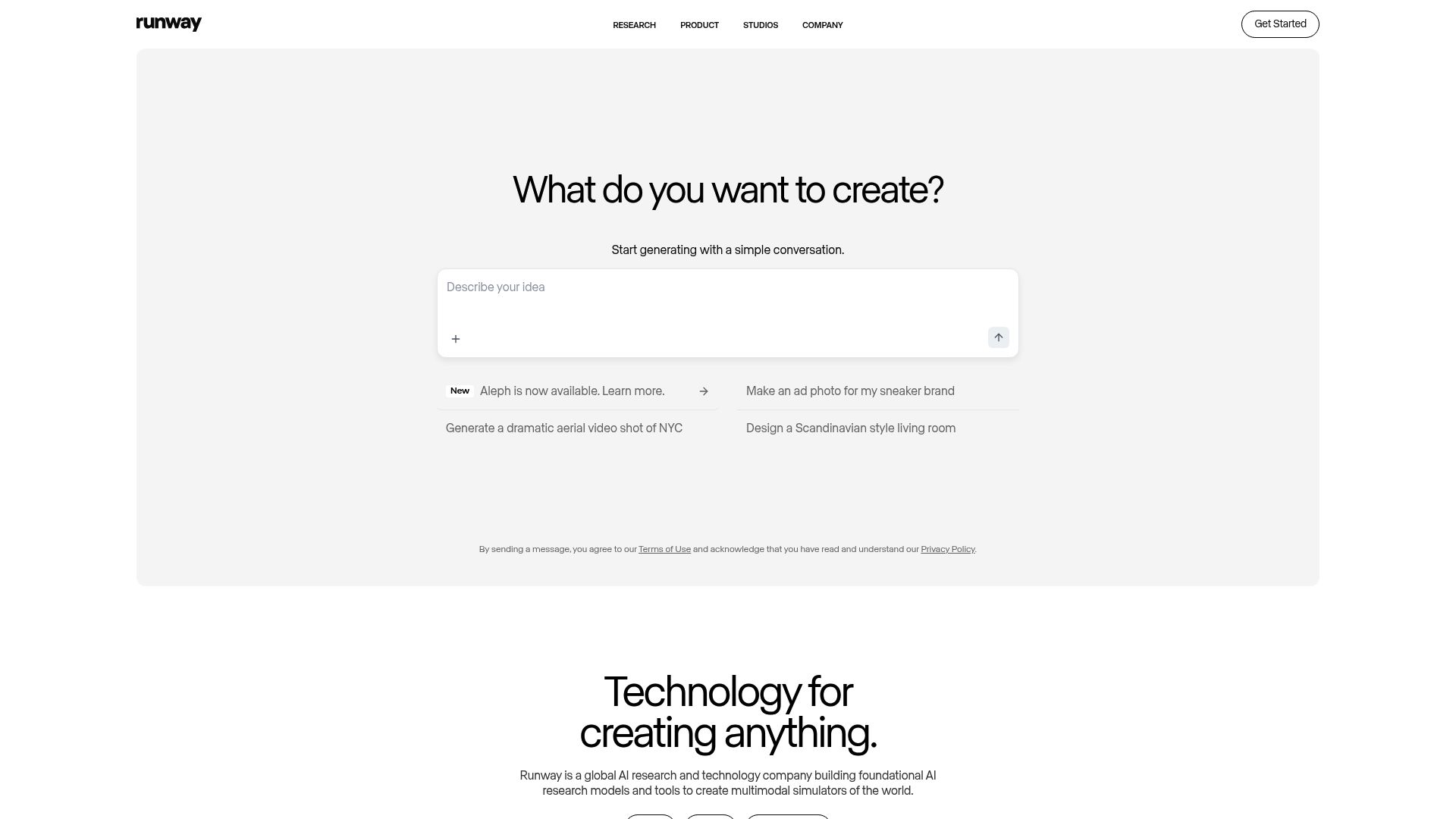
Key Features:
- AI-powered video editing
- Real-time team collaboration
- Rapid generative tool updates
Why it Stands Out:
RunwayML democratizes creative AI, enabling filmmakers, marketers, and digital artists to produce high-quality content without technical barriers. Its intuitive design means even beginners can create professional results.
Pros:
- User-friendly interface
- Frequent feature updates
Cons:
- Advanced features limited on the free plan
Real-World Example:
Major studios use RunwayML for rapid video prototyping, slashing production times and costs. As startup innovators, RunwayML is reshaping the creative landscape for a new generation.
2. Quora Poe
Quora Poe is redefining how people interact with AI chatbots, making it a standout among startup innovators. This platform provides free access and a premium subscription at $19.99/month, letting users aggregate multiple AI models and switch seamlessly between them.
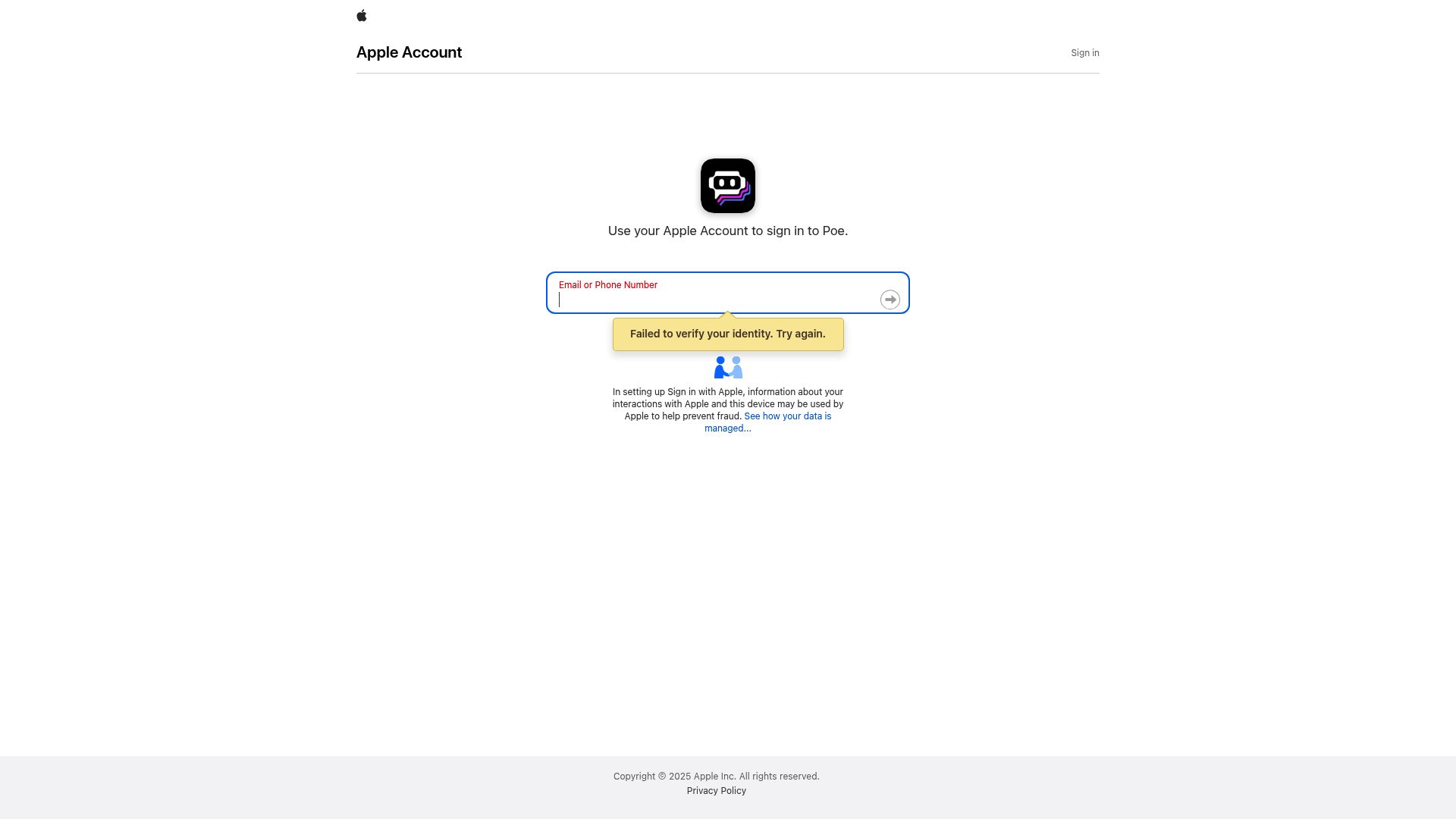
Key Features:
- Aggregates leading AI chatbots
- Easy switching between models
Unique Edge:
Quora Poe offers a unified platform for diverse AI needs, from research to productivity. Researchers, students, and professionals can leverage the best AI models for their specific challenges.
Pros:
- Versatile AI access in one place
Cons:
- Premium required for some advanced models
Example in Action:
Educational institutions increasingly adopt Quora Poe for tutoring, giving students tailored, AI-powered support. For those tracking startup innovators, Poe exemplifies the power of aggregation and accessibility.
3. Mistral AI
Mistral AI is quickly becoming one of Europe’s most influential startup innovators in the AI space. It offers API access with custom enterprise pricing, focusing on open-source large language models that prioritize efficiency and transparency.
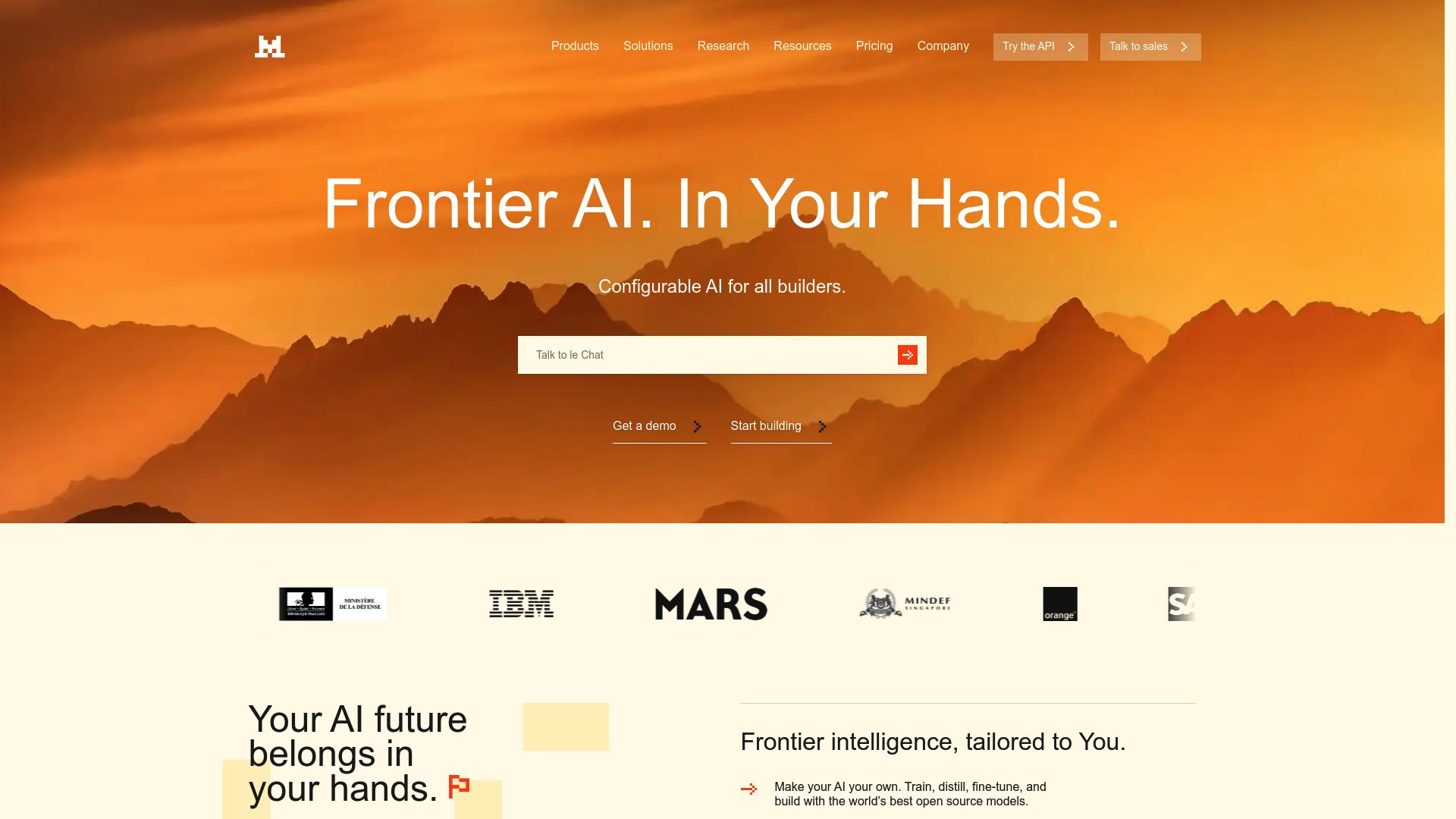
Key Features:
- Open-source LLMs
- High performance and privacy
What Sets It Apart:
Standing as a European alternative to US AI giants, Mistral AI appeals to developers, enterprises, and researchers seeking ethical, privacy-centric solutions. The platform is already used by fintechs for compliance automation.
Pros:
- Transparent, open-source approach
- Strong privacy focus
Cons:
- Smaller ecosystem compared to OpenAI
Real-World Example:
European fintech companies rely on Mistral AI for automating complex compliance tasks, showing how startup innovators can drive regional and industry-specific change.
AI and cloud funding are surging, with projections indicating $79.2 billion in investments for 2024, according to AI investment trends in 2024, fueling platforms like Mistral AI.
4. Tome
Tome stands out among startup innovators for transforming storytelling and presentations through AI. With a free trial and paid plans starting at $10/month, Tome instantly generates visually stunning decks from simple prompts.
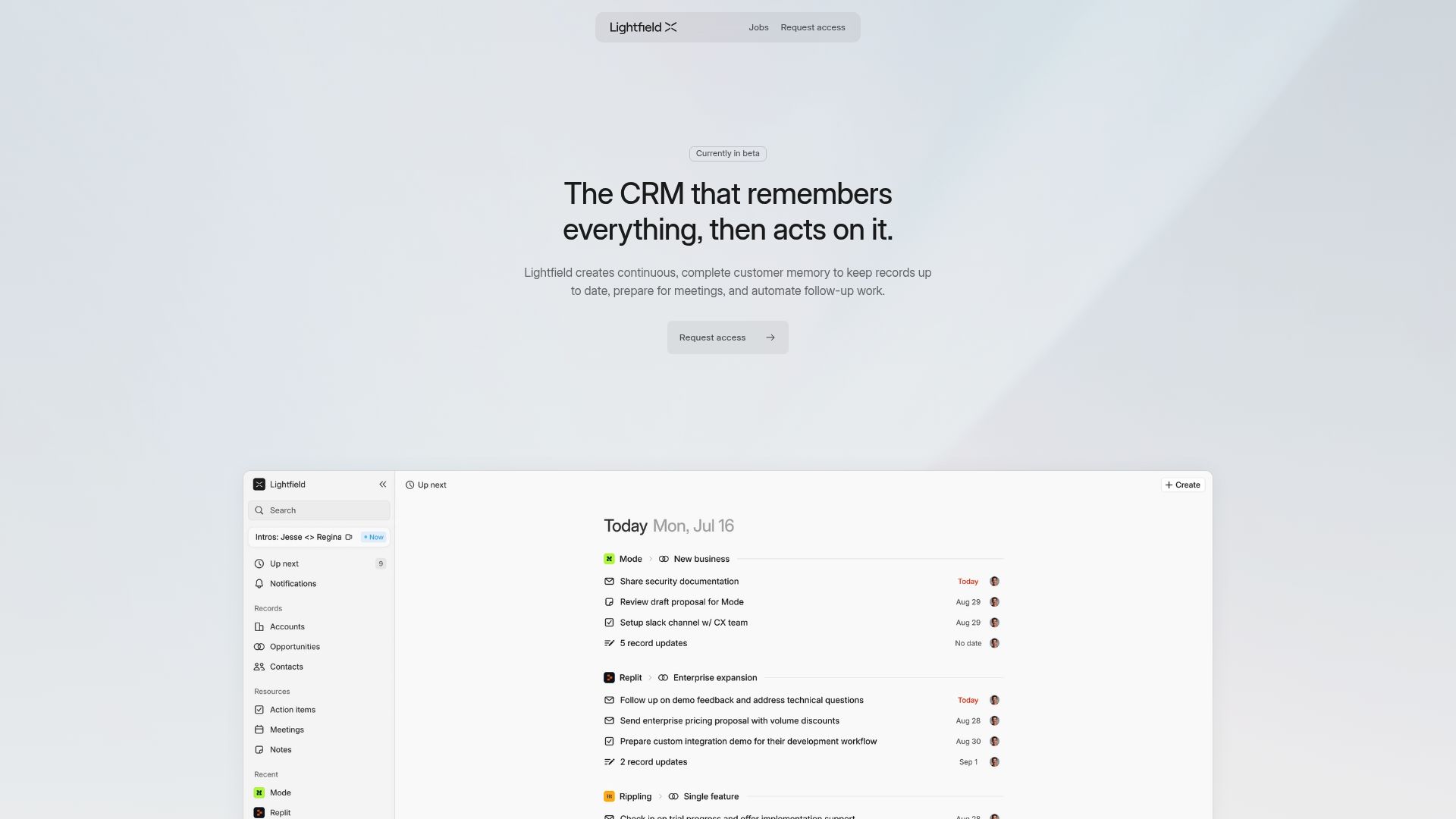
Key Features:
- AI-powered storytelling
- Beautiful design templates
Unique Value:
Tome is popular with startups, educators, and marketers who need compelling presentations fast. Its automation saves time, while its designs give users a polished, professional look with minimal effort.
Pros:
- Time-saving automation
- Visually appealing templates
Cons:
- Limited customization for advanced users
Example in Practice:
Accelerators use Tome to help founders build pitch decks quickly, making it a favorite among startup innovators aiming to impress at demo days.
5. ElevenLabs
ElevenLabs is revolutionizing voice synthesis, earning its place among leading startup innovators. With a free trial and paid plans from $5/month, it provides hyper-realistic AI voices in multiple languages, complete with emotion control.
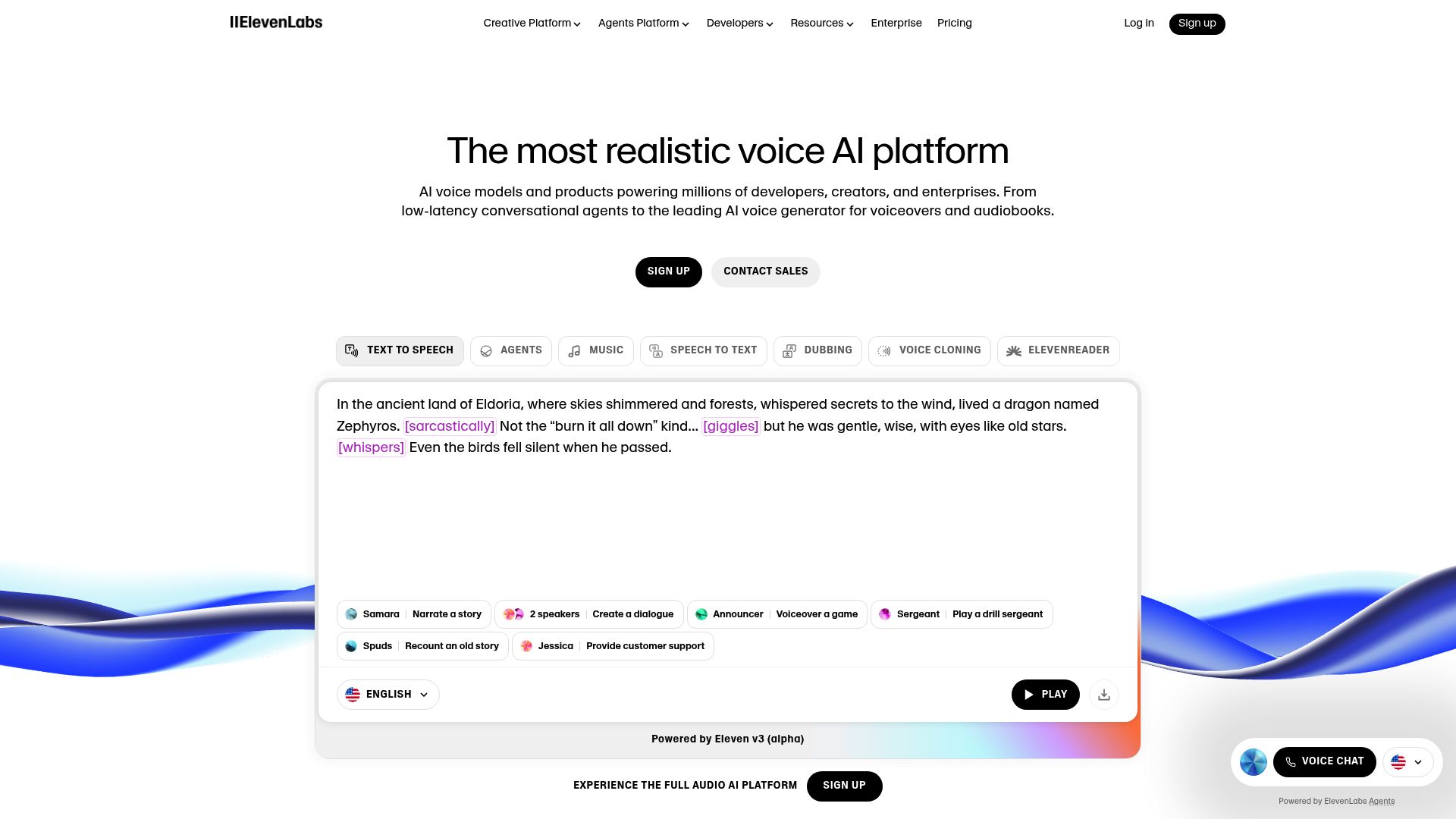
Key Features:
- Multilingual AI voice synthesis
- Emotion and tone customization
Why It’s Unique:
Podcasters, publishers, and accessibility advocates use ElevenLabs to create lifelike audio content that’s both engaging and accessible.
Pros:
- High-quality, natural-sounding voices
Cons:
- Usage limits apply to lower-tier plans
Real-World Impact:
Major publishers leverage ElevenLabs for audiobook production, demonstrating how startup innovators can enhance content accessibility and quality at scale.
6. DeepL
DeepL is a top choice among startup innovators focused on language and communication. The platform offers a free version and Pro plans from €7.49/month, delivering superior AI-powered translation and document services.
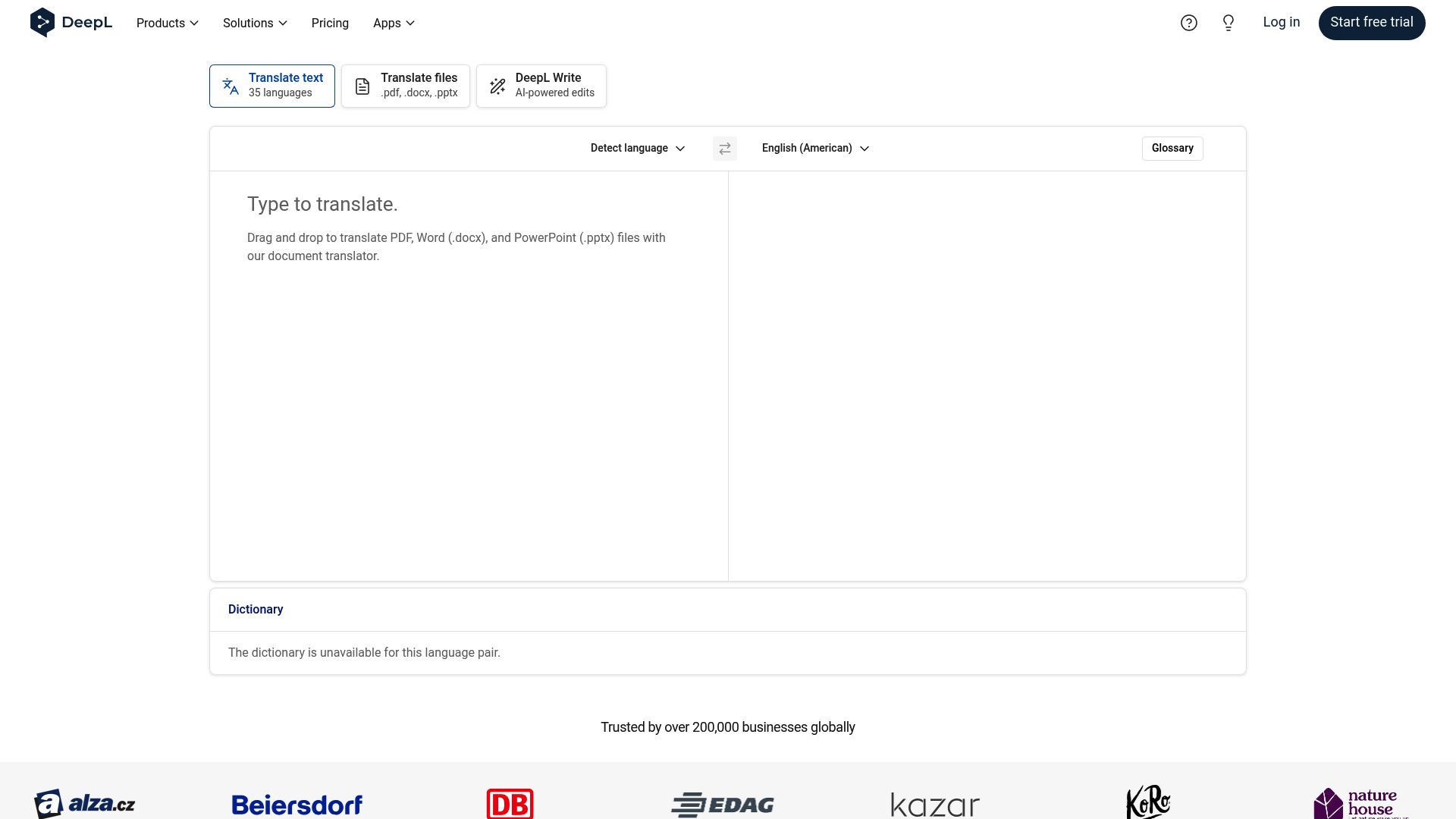
Key Features:
- AI translation for documents and text
- Privacy-centric approach
What Makes It Stand Out:
DeepL is trusted by businesses, translators, and global teams for its accuracy and speed. Its privacy-first policy ensures sensitive data stays secure.
Pros:
- Highly accurate translations
- Fast turnaround
Cons:
- Supports fewer languages than Google Translate
Example:
Multinational companies use DeepL for internal communications, helping startup innovators bridge language barriers and operate worldwide.
7. Perplexity AI
Perplexity AI is a rising force among startup innovators, offering AI-powered search with reliable, source-verified answers. The platform provides free basic access and a Pro plan at $20/month.
Key Features:
- Real-time data sourcing
- Transparent citations
Unique Value:
Journalists, researchers, and students trust Perplexity AI for up-to-date, well-cited information. The platform’s commitment to transparency sets a new standard for AI-driven research.
Pros:
- Reliable, up-to-date citations
Cons:
- Limited sources for some niche topics
Example:
Newsrooms increasingly use Perplexity AI for fact-checking, highlighting how startup innovators are redefining trust and accuracy in information.
8. Character.AI
Character.AI is making waves as one of the most creative startup innovators in conversational AI. Free to use, with a premium subscription at $9.99/month, Character.AI enables users to create and interact with unique AI personalities.

Key Features:
- Personalized AI personalities
- Entertainment and educational use cases
Why It’s Special:
Gamers, educators, and hobbyists enjoy engaging, imaginative conversations with AI characters, bringing new dimensions to learning and fun.
Pros:
- Highly engaging and creative
Cons:
- Occasional moderation concerns
Example:
Language learning apps use Character.AI for immersive conversational practice, showing how startup innovators can blend education and entertainment seamlessly.
9. Synthesia
Synthesia is at the forefront of video innovation, securing its spot among top startup innovators. Personal plans start at $30/month, with business pricing available. The platform generates AI-driven videos using multilingual avatars from simple scripts.
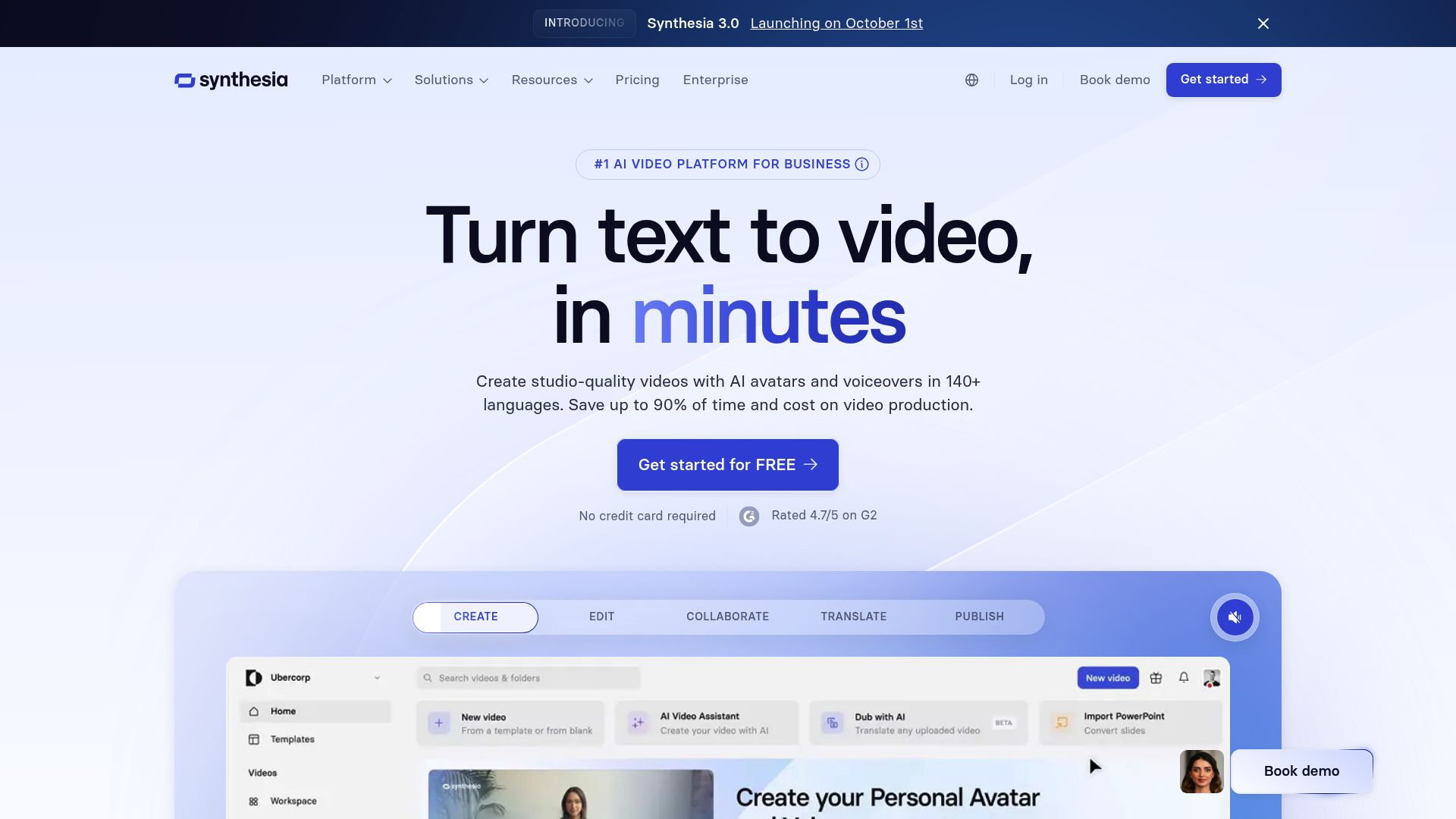
Key Features:
- Script-to-video automation
- Multilingual, customizable avatars
Unique Edge:
Corporates, educators, and marketers use Synthesia to create professional videos without cameras or studios, reducing production time and costs.
Pros:
- Fast, scalable video creation
- Easy-to-use interface
Cons:
- Avatar realism has some limitations
Example:
Fortune 500 companies deploy Synthesia for training content, proving that startup innovators can transform how organizations communicate and educate at scale.
Industry Impact and Future Outlook
The influence of startup innovators is rippling across industries, creating new standards for efficiency, creativity, and user experience. AI-driven automation and synthetic media are transforming how businesses operate, from streamlining workflows to personalizing customer engagement. Sectors like education, entertainment, and business productivity are seeing significant shifts, as 70% of enterprises plan to adopt generative AI by 2025 (Gartner). These changes are not isolated; they spark cross-industry collaborations, blending expertise from tech, health, and creative fields. As a result, startup innovators are not just disrupting markets—they are redefining what’s possible for the future.
How These Startups Are Redefining Their Sectors
Startup innovators are reshaping entire sectors by leveraging AI, automation, and synthetic media. Their solutions enable faster content creation, smarter decision-making, and more immersive learning experiences. For example, AI video and voice technologies are revolutionizing both education and entertainment, while real-time translation and verified AI search are boosting business productivity. The impact is measurable—companies adopting these tools report higher engagement and efficiency. As cross-industry influence grows, startup innovators foster a culture of experimentation, making once-futuristic capabilities available to organizations of all sizes.
Investment Trends and Market Response
The market response to startup innovators has been robust, marked by a surge in venture capital funding and a growing number of unicorns. Investors are drawn to startups that show scalable potential and clear paths to monetization. Recent mega-deals and strategic partnerships demonstrate strong confidence in these disruptors. Many startup innovators secure backing from top accelerators and corporate venture arms, which accelerates their growth and visibility. The appetite for mergers and acquisitions is also rising, as established firms look to integrate innovative solutions and stay ahead in fast-changing markets.
Potential Challenges and Regulatory Considerations
While the momentum for startup innovators is undeniable, challenges remain. Ethical concerns around AI, privacy, and data compliance are front and center. New regulations are emerging to address issues like transparency and responsible AI use. Startup innovators are proactively building safeguards, such as robust data protection protocols and ethical guidelines, to earn user trust and meet compliance requirements. Navigating these complexities is crucial, as regulatory missteps can stall progress. By staying ahead of evolving frameworks, startup innovators can turn compliance into a competitive advantage.
What to Watch for in 2025 and Beyond
Looking ahead, startup innovators will be at the heart of tomorrow’s breakthroughs. Regions like Southeast Asia, Europe, and Africa are emerging as new hubs for innovation, fueled by fresh investment and talent. Anticipated shifts in technology and regulation will open doors for new entrants and novel business models. For investors and entrepreneurs keen to keep pace, tracking industry reports, accelerator cohorts, and global startup ecosystem outlook 2026 updates is essential. The journey of startup innovators is just beginning, promising even greater disruption and opportunity.
If you’re as inspired as I am by these trailblazing startups and want to stay ahead of the curve in Switzerland’s dynamic entrepreneurial scene, there’s so much more waiting for you. Every week, we dive deep with founders and innovators who are shaping the future—sharing lessons, challenges, and insider stories you won’t find anywhere else. Join us and fuel your own journey with fresh ideas, expert insights, and real-life experiences from those leading the way. Ready to take your curiosity further? Listen to our podcast and keep your finger on the pulse of what’s next.

